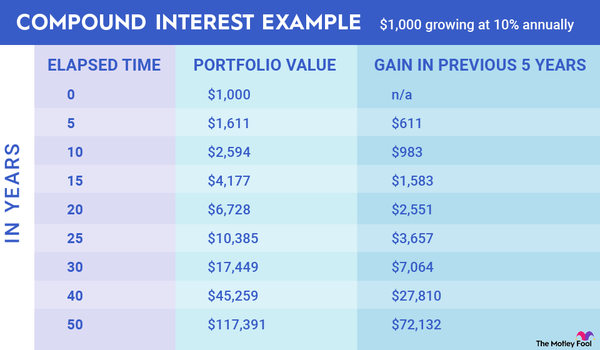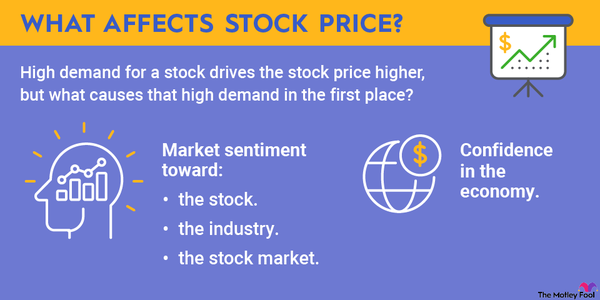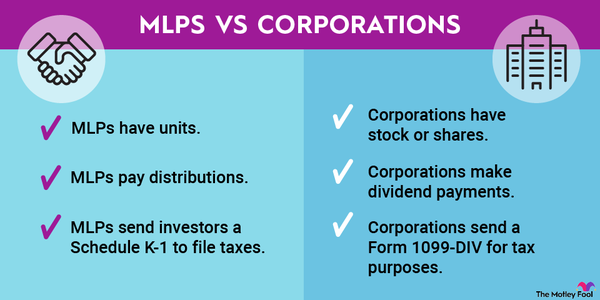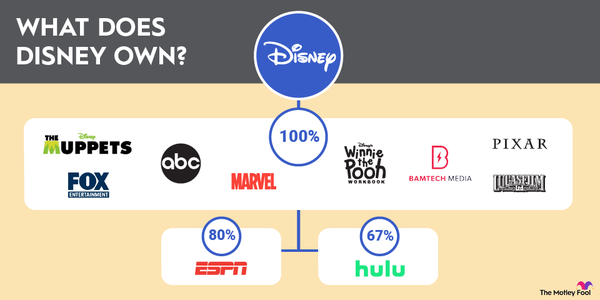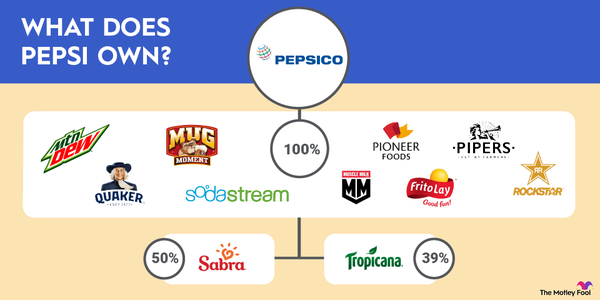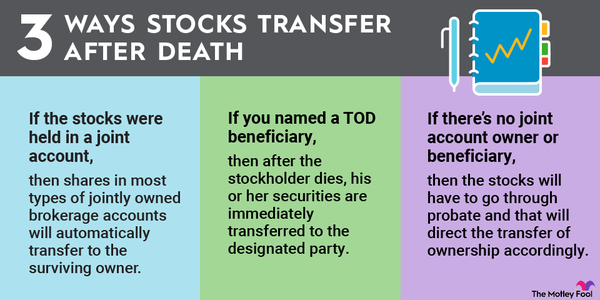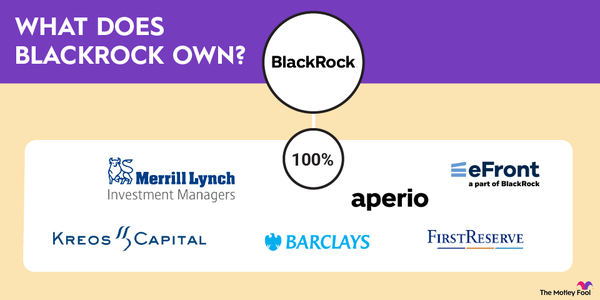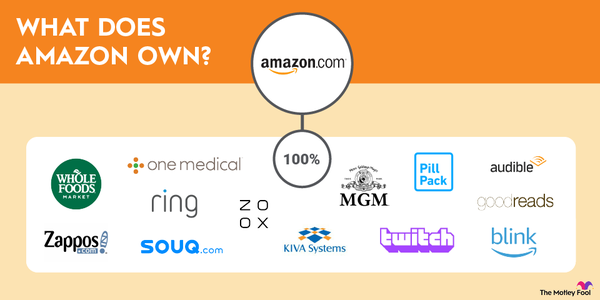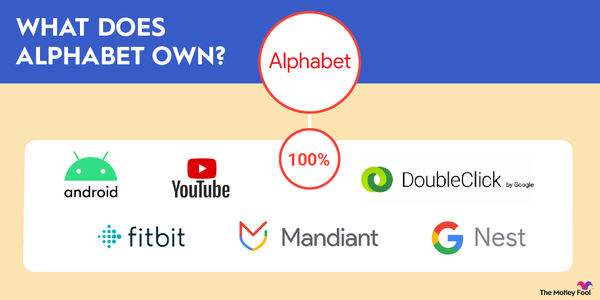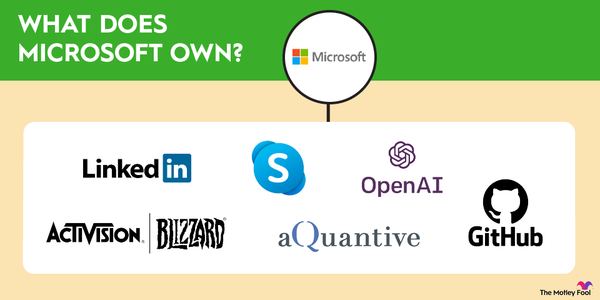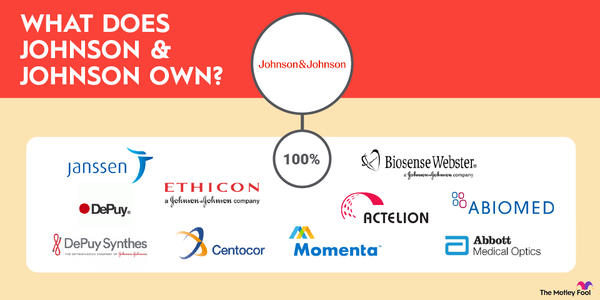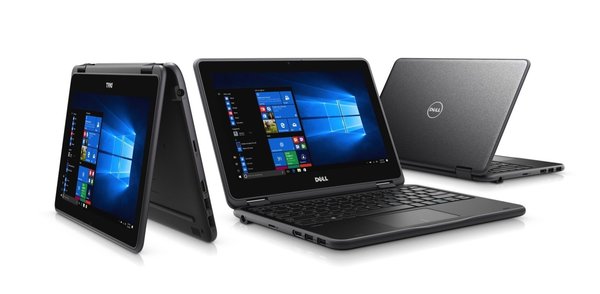With the tremendous strides that companies have made in bringing various levels of self-driving capabilities to today's cars, forward-looking investors are turning to self-driving car businesses, leading them to consider Wayve stock.
Since its founding in 2017, the London-based company has made tremendous inroads in the field of autonomous driving. According to Crunchbase, Wayve's funding totals about $1.3 billion, and the company proclaims itself as "the first [company] to develop and test an end-to-end (e2e) AI autonomous driving system on public roads." Addressing the company's future, Wayve CEO Alex Kendall has said that the company's "vision is to develop autonomous technology that not only becomes a reality in millions of vehicles but also earns people's trust by seamlessly integrating into their everyday lives to unlock extraordinary value."
Before trying to park Wayve stock in your portfolio, there are important things to take into account. Potential investors, for example, will want to consider how to buy shares of Wayve, when it might hold a potential initial public offering (IPO), and whether there are alternative investment opportunities.

Is it publicly traded?
Is Wayve publicly traded?
A privately held company, Wayve stock is not found on the New York Stock Exchange, Nasdaq stock exchange, or other exchanges.
In addition to the equity in the company that insiders own, there are a variety of other organizations that have investments in Wayve. When the company completed a $1.05 billion Series C funding round in May 2024, investors included SoftBank Group (SFTB.Y -2.67%), semiconductor powerhouse Nvidia (NVDA -7.03%), and Microsoft (MSFT -3.67%), which had also participated in a Series B funding round.
When will it IPO?
When will Wayve IPO?
Between the explosion in popularity of artificial intelligence (AI) stocks and the unique growth opportunities that IPO stocks represent, it's no wonder that many investors are keenly focused on the possibility of buying Wayve stock at its IPO.
However, investors who are interested in Wayve will have to wait since the company is not on the IPO calendar, and there's no indication that it plans to launch an IPO anytime soon.
IPO
How to invest
How to buy Wayve stock
Despite the growing interest in Wayve stock, most investors are unable to incorporate it into their portfolios because it's still privately held. Accredited investors, on the other hand, may have the ability to gain exposure to privately held companies like Wayve, thanks to platforms like Hiive and Forge Global (FRGE -27.22%).
For people who aren't accredited investors but who still seek exposure to autonomous mobility companies, there's no need to despair since there are similar options to consider.
Tesla
At the vanguard of autonomous driving, Tesla (TSLA -5.06%) is often the focus of conversations regarding self-driving cars. Available on vehicles made after September 2014, Tesla's Autopilot provides cruise control assistance that matches the car to the speed of nearby traffic and steering assistance in marked lanes. Tesla's Full Self-Driving (FSD) provides a variety of autonomous features such as changing lanes, stopping at signs and traffic lights, as well as remotely moving the vehicle out of tight parking spaces.
The coming months may prove to be pivotal for the company and its autonomous driving endeavors. In its 2024 10-K, Tesla said it planned to begin launching a Robotaxi business in 2025 as a ride-hailing network that would eventually operate fully autonomous vehicles.
To provide a superior autonomous driving solution, Tesla requires significant amounts of actual driving time with FSD employed to train the software. At the end of 2024, Tesla reported that drivers of its vehicles had logged almost 3 billion miles driving with FSD.
And it's not only Tesla vehicles where FSD may be available. On the 2024 fourth-quarter conference call, CEO Elon Musk said that the company has received "significant interest from a number of major car companies about licensing Tesla full self-driving technology." This story is worth following since licensing the FSD software to automakers could ultimately be a new revenue source for Tesla.
Nvidia
The fact that Nvidia now has an equity stake in Wayve makes it a compelling choice for investors seeking autonomous driving stock exposure. Nvidia is also an AI powerhouse that recently announced that its DRIVE Thor, a computing platform used in automobiles designed for generative AI applications, is gaining traction in the industry.
In January 2025, self-driving truck developer Aurora (AUR -4.48%) announced a partnership with Continental to produce Level 4 autonomous trucks at scale in 2027 using Nvidia's DRIVE platform Thor. BYD (BYDDY -3.77%), one of the largest electric vehicle (EV) companies in the world, is incorporating DRIVE Thor into its future EVs and relying on Nvidia's products for its AI development and training. Other leading EV manufacturers, such as Li Auto (LI -2.94%) and XPeng (XPEV -5.73%), have stated plans to build future EV models with DRIVE Thor.
In fiscal 2025, Nvidia booked $1.7 billion in revenue from its automotive business, and the company projects that automotive revenue will grow to $5 billion in fiscal 2026.
Since the company has demonstrated enthusiasm for seeking growth through acquisitions, it wouldn't be surprising if Nvidia pursued future acquisitions to strengthen the company's AI position.
Qualcomm
Like Nvidia, Qualcomm (QCOM -1.98%) is another semiconductor stock closely tied to the AI industry, and it is making a concerted effort to advance the self-driving car industry. Accomplishing this through its Snapdragon Ride platform, Qualcomm characterizes this platform as "designed to enable rapid development of future-proof automated driving solutions."
Expanding its relationship with Qualcomm, Trimble (TRMB -2.05%) announced in January 2025 that it would use the Snapdragon Digital Chassis to provide advanced positioning capabilities for a variety of automated vehicles. The connectivity platform that will result from the collaboration is expected to be found in vehicles starting in 2028.
While Qualcomm has supplied legacy automakers such as General Motors (GM -0.57%) and BMW (OTC:BMWYY) with its semiconductors, it announced in April 2024 a partnership with Momenta, a company focused on autonomous driving solutions to develop advanced smart driving solutions for a variety of vehicle types.
In the first quarter of 2025, Qualcomm reported revenue of $961 million from its automotive business, representing a year-over-year increase of 61%, and its sixth consecutive quarter of record automotive revenues. Management sees this driving significantly higher in the coming years. The pipeline for the company's Snapdragon Digital Chassis solution, a complete platform for vehicle connectivity and advanced driver assistance system (ADAS), was valued at about $45 billion as of mid-2024.
Here are the steps to take to invest in one of these alternatives:
- Open your brokerage app: Log into your brokerage account where you handle your investments.
- Search for the stock: Enter the ticker or company name into the search bar to bring up the stock's trading page.
- Decide how many shares to buy: Consider your investment goals and how much of your portfolio you want to allocate to this stock.
- Select order type: Choose between a market order to buy at the current price or a limit order to specify the maximum price you're willing to pay.
- Submit your order: Confirm the details and submit your buy order.
- Review your purchase: Check your portfolio to ensure your order was filled as expected and adjust your investment strategy accordingly.
Artificial Intelligence
Profitability
Is Wayve profitable?
Because it's a privately held company, Wayve isn't required to submit regulatory filings like its publicly traded peers. As a result, it's unclear whether the company is generating revenue, let alone making a profit.
But it's quite possible that Wayve will be earning revenue before long. According to the company, the completion of the recent Series C funding round will help the company launch its first product with L2+ ADAS. Nvidia characterizes Level 2 (L2) automated driving as systems that provide steering and brake/acceleration support, as well as lane centering and adaptive cruise control. L2+ includes intelligent cockpit services, such as driver monitoring, AI copilot technology using voice and gesture recognition, and advanced in-cabin visualization.
Should I invest?
Should I invest in Wayve?
For the majority of investors, wondering if they should or shouldn't invest in Wayve is moot since the company hasn't held an IPO. If the company proceeds with an IPO, it will have to submit regulatory filings, and investors will have much better insight into the company's financials.
Accredited investors, however, may be able to gain exposure to Wayve right now, although they should only consider a position if they're comfortable with a more speculative investment.
ETF options
ETFs with exposure to Wayve
Because Wayve is a privately held company, investors can't gain exposure to the stock through an exchange-traded fund (ETF). Still, there are several ETFs that provide exposure to stocks closely related to Wayve.
- iShares Self-Driving EV and Tech ETF (IDRV -2.07%): In addition to self-driving car stocks, the 49 holdings in the iShares Self-Driving EV and Tech ETF include battery stocks and stocks related to EVs in general. The ETF may also rev the heartbeats of income investors since the fund makes distributions on a semi-annual basis and has a yield of about 2.6% to help cover the expense ratio of 0.47%.
- Global X Autonomous & Electric Vehicles ETF (DRIV -3.2%): For investors interested in AI and tech industry leaders in general, the Global X Autonomous & Electric Vehicles ETF is a great option. Representing 6.5% of the portfolio, Toyota Motor (TM 0.52%) is the largest holding in the ETF; Microsoft is the second-largest position. Qualcomm, Alphabet (GOOGL -1.85%), and Nvidia round out the ETF's top five of the ETF's 75 holdings. The Global X Autonomous & Electric Vehicles ETF has $333 million in net assets and a 0.68% total expense ratio.
- ARK Autonomous Technology & Robotics ETF (ARKQ -2.61%): While some investors may want concentrated exposure to self-driving car stocks, others may want more measured exposure to the burgeoning industry. For them, the ARK Autonomous Technology & Robotics ETF is a smart choice. While autonomous mobility represents about 42% of the Cathie Wood-backed ETF, there are a variety of other industries represented by the holdings: battery technologies, neural networks, and smart devices, to name a few. With an 11.7% weighting, Tesla is the fund's largest holding. The ETF has $1.01 billion in net assets, and it has an expense ratio of 0.75%.
Related investing topics
The bottom line on Wayve
Fully autonomous vehicles may not appear in traffic now, but Wayve is making progress toward making this stuff of the future a reality sooner rather than later.
Wayve is still a privately held company, though, and there's no sign of an IPO coming down the road, so investors will have to find alternative investment opportunities. They have options to consider, such as the indirect exposure afforded by Nvidia, Tesla, Qualcomm, and ETFs that focus on autonomous mobility companies.
FAQ
Investing in Wayve: FAQ
How does Wayve work?
Wayve is developing autonomous vehicles that are powered by leading AI semiconductors produced by Nvidia.
Is Wayve a publicly traded company?
As of early 2025, Wayve was not a publicly traded company.
Who are the founders of Wayve?
Wayve's CEO, Alex Kendall, co-founded the company in 2017.
Can I buy Wayve stock?
Because Wayve hasn't held an IPO, it isn't available to most investors. Accredited investors, however, may be able to pick up shares on platforms like Hiive and Forge Global.













